Small animal veterinary case study – Cooper the german shepherd
Case
Cooper a 10yr old MN GSD was presented with a recent history of lethargy.
On clinical examination, mucous membranes showed slight pallor and the abdomen was tense. Bloods confirmed that the dog was anaemic although it was currently non-regenerative consistent with either peracute haemorrhage or chronic disease.
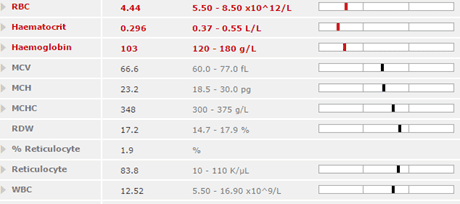
An abdominal ultrasound showed large volume free fluid in the abdomen. A rougly spherical splenic mass with mixed echogenicity was identified. Further small masses believed to be abdominal LNs were also identified. A brief heart scan was performed and there was no evidence of pericardial effusion nor of a cardiac mass.
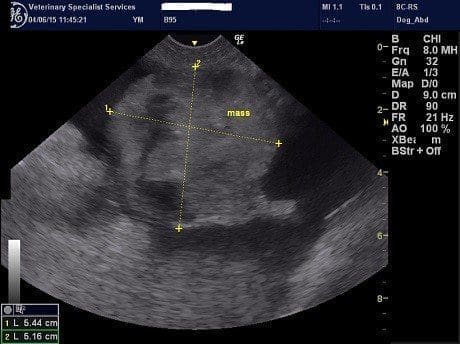
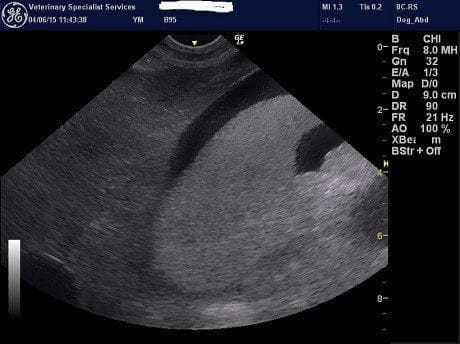
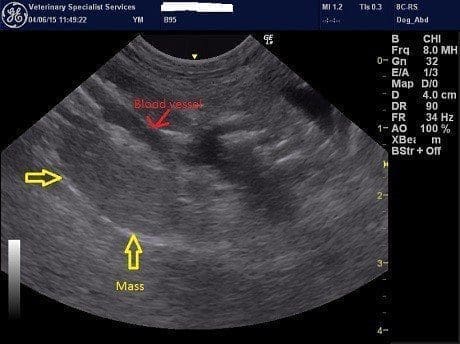
Abdominocentesis confirmed haemoabdomen with a higher PCV than the circulating blood consistent with acute haemorrhage. The fluid did not clot.
Ex lap was performed and a ruptured splenic mass was confirmed. There were also changes in the mesentery. Splenectomy was performed and the dog had an uneventful recovery without the need for transfusion.
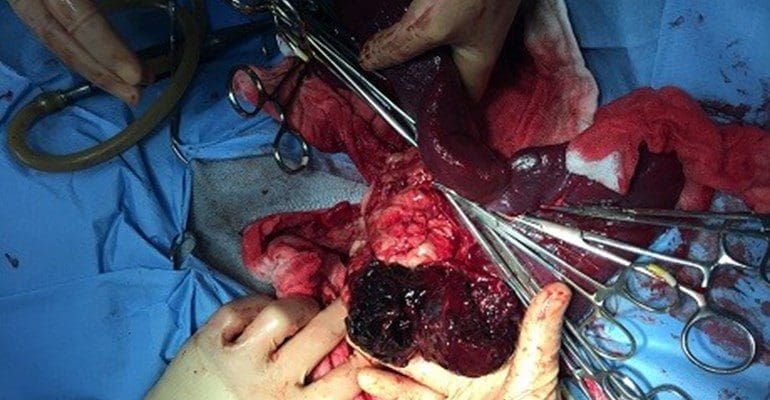
Histology sadly confirmed that the splenic mass was haemangiosarcoma and there was evidence of spread to the local mesentery. Prognosis is poor with a life expectancy of only 2-3 months following surgery. Life expectancy may be increased to up to 6 months in some cases, with the use of palliative chemotherapy.
